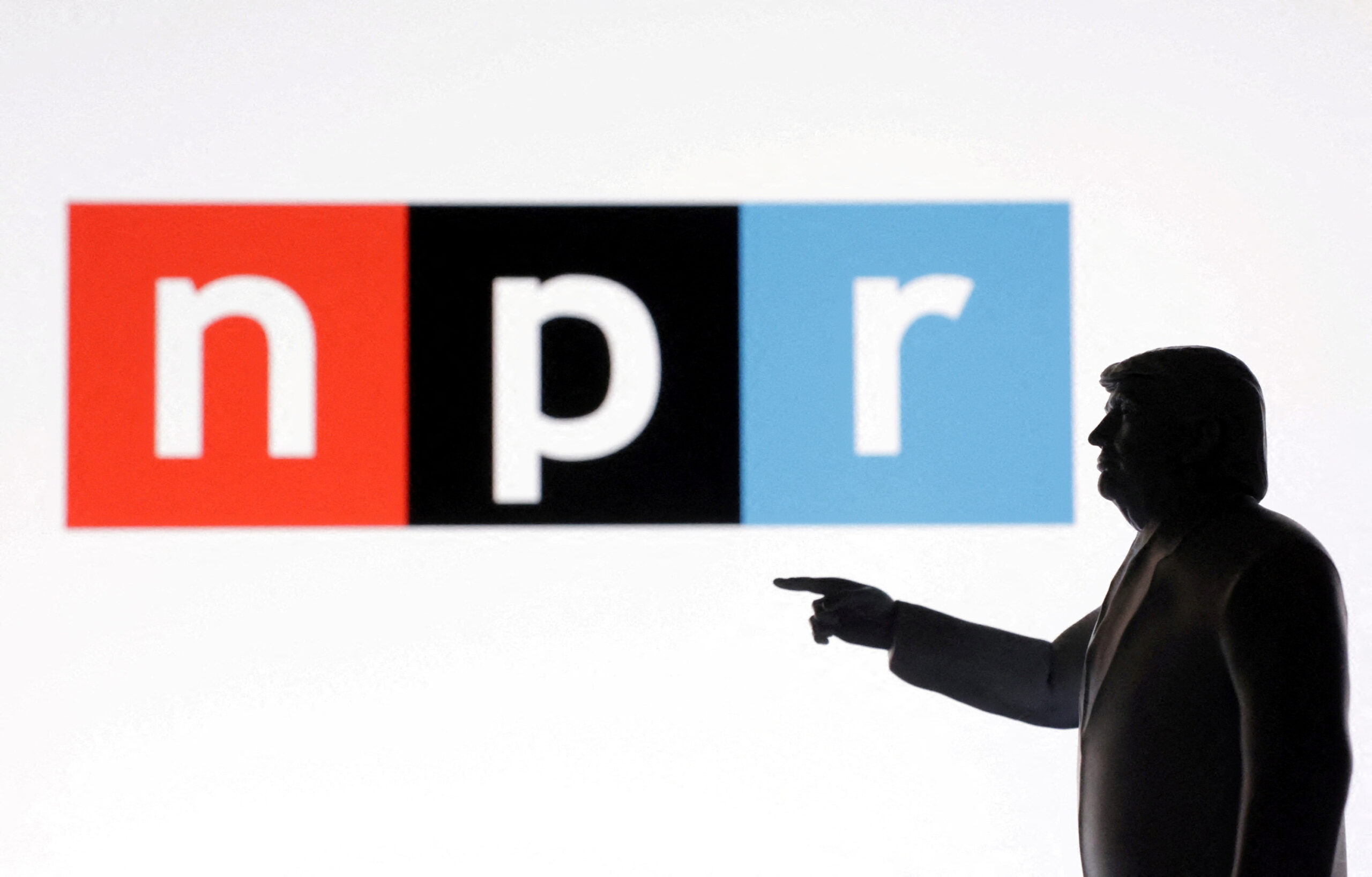In a wide-ranging interview on Chicago’s Morning Answer, author and political commentator David Harsanyi offered pointed criticism of media institutions, public broadcasting, and award-winning journalism he sees as partisan activism in disguise.
Harsanyi, a senior writer for the Washington Examiner and author of The Rise of Bluenon: How the Democrats Became a Party of Conspiracy Theorists, joined Dan Proft and Amy Jacobson to discuss recent Pulitzer Prize controversies, government-funded media, and the evolution of American journalism. The conversation also skewered a recent Vanity Fair article attempting to link America’s interest in protein to right-wing politics, particularly the so-called “manosphere.”
Taking aim at the Pulitzer Board, Harsanyi criticized its decision to award ProPublica for a story that, in his view, distorted facts surrounding a post-abortion death. He argued that the article lacked solid sourcing and buried key context deep in the story—specifically, that no law prevented medical intervention in the case. Harsanyi claimed the narrative was constructed to push a political agenda and said such reporting should serve as a cautionary tale in journalism classrooms.
He also warned of the growing influence of advocacy journalism dressed in the language and aesthetics of legitimate investigative reporting. Outlets like ProPublica, he said, are increasingly propped up by progressive donors, bypassing traditional editorial standards and later receiving amplification from legacy institutions such as The New York Times or political figures like Vice President Kamala Harris.
The discussion turned to public broadcasting, with renewed Republican calls to defund NPR and PBS following testimony by their CEOs and a new executive order from former President Trump. Harsanyi agreed that taxpayer subsidies to outlets with clear ideological leanings were outdated and unnecessary. He questioned why the government should continue to fund media consumed largely by affluent, left-leaning audiences, particularly when numerous free and paid alternatives exist.
Referencing NPR’s affiliate WBEZ and its ownership of the Chicago Sun-Times, Harsanyi criticized recent fundraising appeals that claim government cutbacks would threaten journalistic independence. He argued that true independence would mean rejecting public funding altogether.
As the conversation shifted toward broader cultural criticism, Harsanyi expressed frustration that even non-political content—such as nature shows—often includes overt political messaging, particularly around climate change. He sees this as another example of the political class embedding their worldview into every layer of mainstream media.
In a discussion about his book, Harsanyi argued that modern left-wing media outlets act more like novelists than reporters, promoting narratives that align with ideological goals rather than following facts. He blamed a media ecosystem that rewards sensationalism and loyalty to political orthodoxy over independent thinking.
Despite some optimism about the democratization of media through digital platforms and independent creators, Harsanyi expressed concern over the rise of fringe voices spreading misinformation online. He sees the current landscape as fractured—offering both opportunities for truth-telling and fertile ground for conspiracy peddling.
Ultimately, Harsanyi advocated for a media reset, where consumers support outlets they trust, and legacy institutions are forced to compete on quality and integrity rather than legacy funding and awards. Until then, he said, skepticism toward mainstream journalism and its accolades is not only warranted, but necessary.





